Hunter Biden’s defense against felony gun chargesa faced two toxic problems — problems that, in the end, proved insurmountable. One was that the crime itself was straightforward. It was easy to present to the jury. The other was that there was a mountain of evidence that Hunter actually committed the crime. A lot of that evidence came from Hunter’s own texts and his memoir.
He had the best defense money could buy. Abbe Lowell is tough, a shrewd and smart defense attorney, but he had almost nothing to work with. One by one, the defenses he put forward collapsed under the weight of direct evidence. Lowell tried to show the gun shop employee might not have seen Hunter fill out the purchase form. Turned out the employee was two feet away. Lowell suggested that Hunter’s texts might have been lies when he said he was meeting his drug dealer. But the texts were clear; they were substantiated by his memoir; and he withdrew cash from the ATM just before the deal to pay for the drugs. That’s how it went for the defense.
The most inventive claim was Lowell’s idea that Hunter might not have been addicted to drugs, in the meaning of the law, because there was no proof he was high when he filled out the form. True, the evidence showed he was using drugs regularly. True, it showed he was using them immediately before and after the purchase. But, said Lowell with a straight face, that didn’t mean Hunter was addicted when he bought them. That defense was reminiscent of Bill Clinton’s confusion about what the word “is” means.
Hunter’s only real defense was jury nullification. Would a jury in a state Joe Biden had dominated for years, a state where he had overwhelming support, convict his son? Would they ignore the Biden family coming to court every day to show their support for Hunter? Yes, they would. The jury listened to the evidence and rejected the cynical strategy of nullification.
The sentencing will occur in 120 days, a standard wait, and is unlikely to result in jail time for a first-time offender. There is one possible fly in that ointment, however. Hunter didn’t just buy the gun under false pretenses; he left it lying around in his vehicle, where it was found (next to still more drugs) and, according to testimony and video evidence, was taken by a family member and dropped in a garbage can to prevent Hunter from using it or a child from finding it.
The case may have been an easy one, but it’s important to ask why Hunter was even charged. It almost didn’t happen. After all, Special Counsel David Weiss had succeeded in killing off lots of other slam-dunk cases against Hunter, especially his failure to pay millions in federal taxes. The evidence there was just as convincing as the gun charges. Yet Weiss let the statute of limitations expire on most of those charges.
The reason this case went to trial boils down to a fair-minded federal judge with some backbone, Maryellen Noreika. Appointed by President Trump, she was recommended for the position by the state’s two Democratic senators. She doesn’t appear to be partisan or ideologically driven.
The trial would never have happened if Judge Noreika hadn’t asked a few simple questions at a hearing a year ago. The special prosecutor’s office came to court with a sweetheart plea deal, to which Hunter (and Abbe Lowell) had agreed. Noreika asked each side what the deal covered. Their answers were markedly different. Lowell said it essentially excused Hunter from further prosecution for any crimes. The government prosecutor disagreed. That disagreement meant that deal was a mirage. The two sides hadn’t actually settled on the crucial terms.
Judge Noreika then ruled there was no deal. That ruling set the stage for a trial, though Hunter could have sought another deal or simply pled guilty. No dice. He took his chances in court and lost.
Hunter will undoubtedly appeal. His best shot at winning is, ironically, that he was convicted under an unconstitutional law. The idea here is that laws prohibiting drug addicts from buying guns violate their Second Amendment rights. The Supreme Court has not ruled on that issue. The irony, obviously, is that Joe Biden and the Democratic Party are so staunchly opposed to the rationale for that appeal, which would widen Second Amendment freedoms.
It is important to note these gun issues involve Hunter Biden alone. His family supports him, but President Biden was not implicated in any way.
That’s not true for Hunter’s upcoming tax-evasion trial, scheduled for July in Los Angeles. Although only Hunter is on trial, the issues touch on the Biden family because the income at issue was earned because of Hunter’s political connections. He had no other skills. He earned his living as part of a long-running family grift, centered on Joe Biden and the political clout. The question is whether Joe left any fingerprints on the family deals with foreign businesses and, if he did, whether government prosecutors will dare to point them out.
There’s also the possibility a Los Angeles jury could nullify the evidence. Tax prosecutions are far more complicated than those for illegal gun purchases, and the jury itself will be drawn from a deep-blue city.
As with the gun case, it’s worth asking why this case is being prosecuted. After all, the other allegations of tax evasion against Hunter Biden were allowed to expire? The answer is that the Department of Justice and special prosecutor simply couldn’t avoid it. They tried to avoid prosecution, but a House Committee called their bluff in a humiliating public hearing where whistleblowers testified. After that, it was hard to keep burying the cases against the Bidens.
There is an irony in the tax case, just as there was in the gun case. It is being brought against a scion of the Democratic Party, the party of “tax the rich,” in a Democratic state that has never found a tax worth cutting.
The two looming questions are:
- Can you evade taxes if you are politically connected?
- Will the case uncover evidence that implicates the president himself?
Those big questions await a Los Angeles jury. They can look to Delaware to see a jury that did its job, free from political taint.



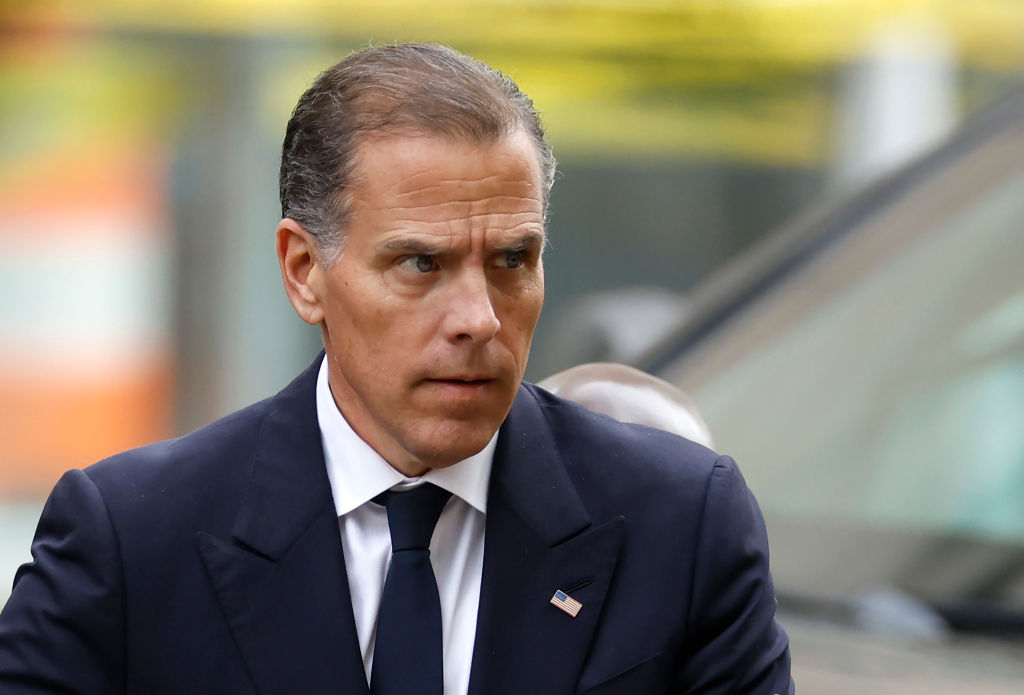






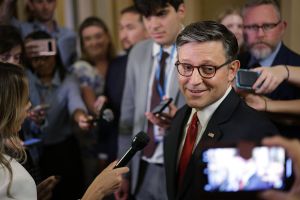




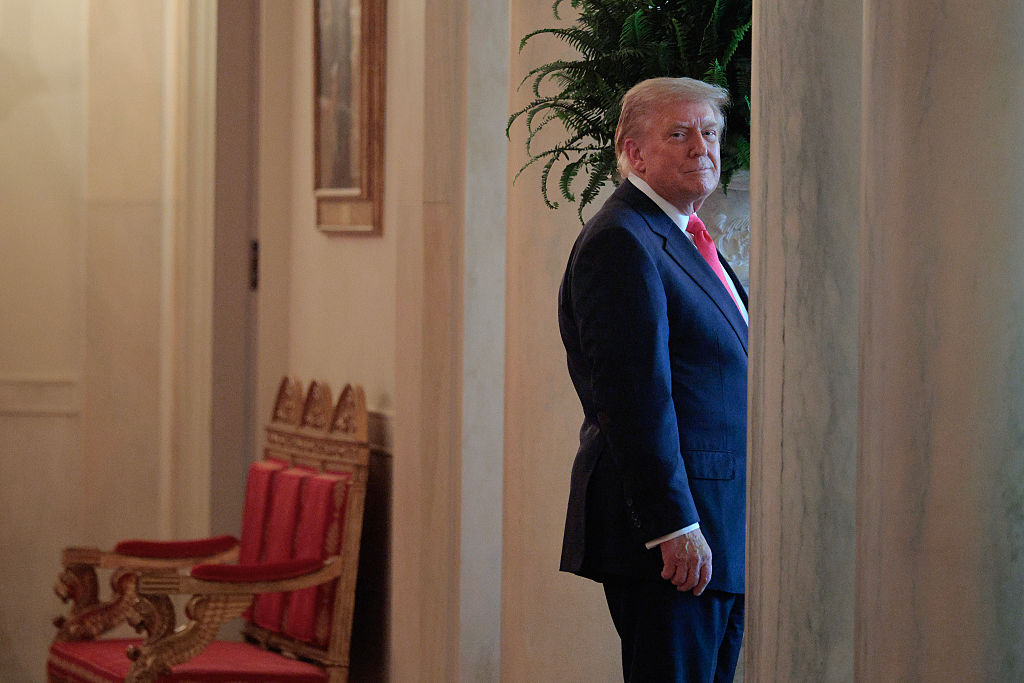
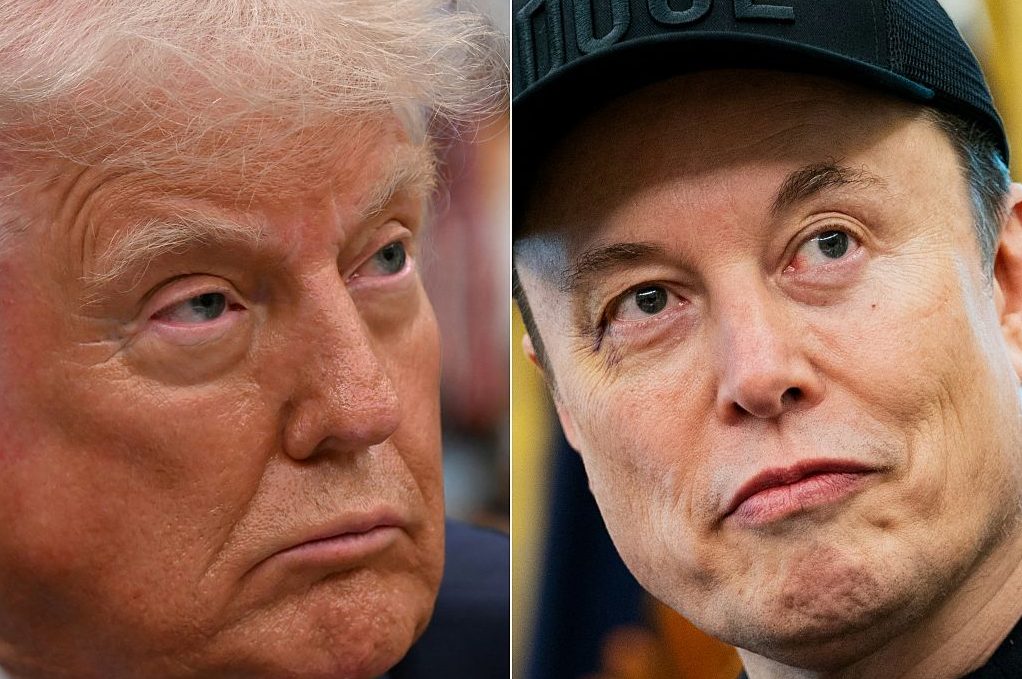
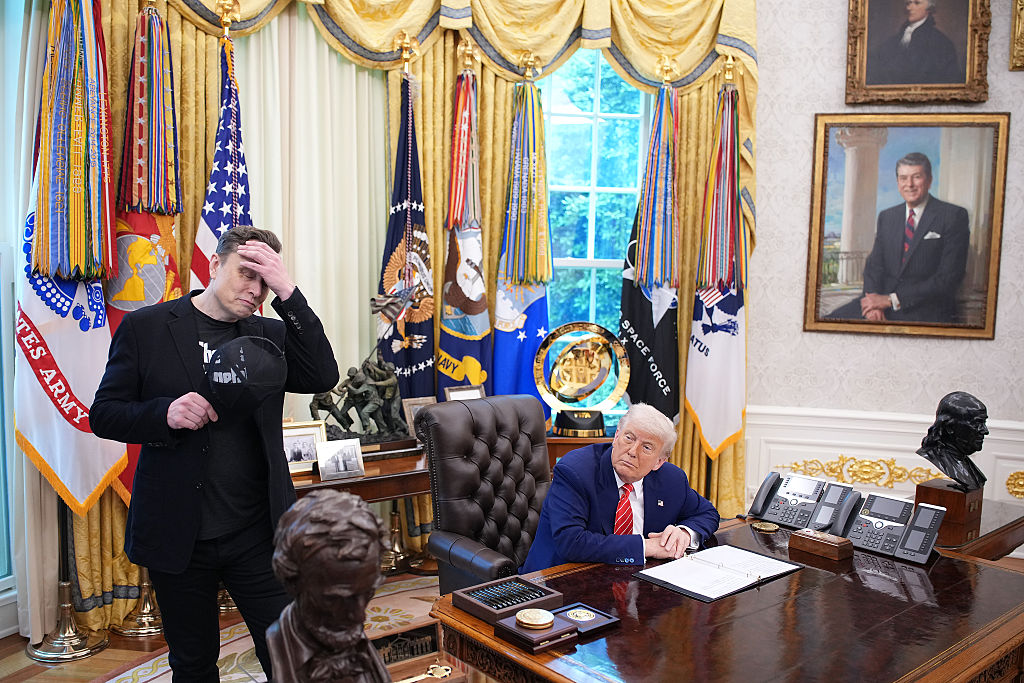








Leave a Reply